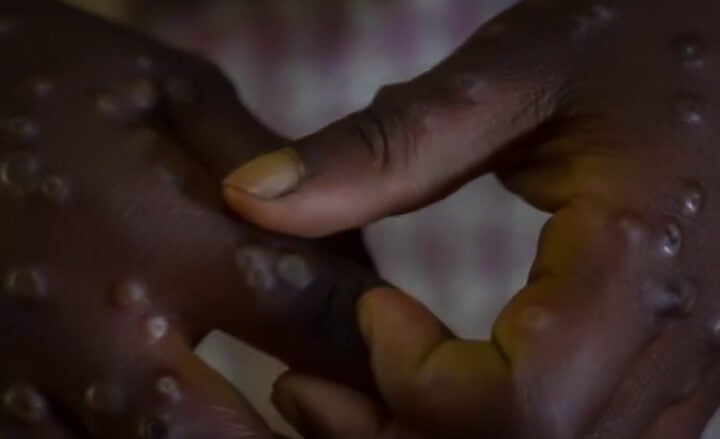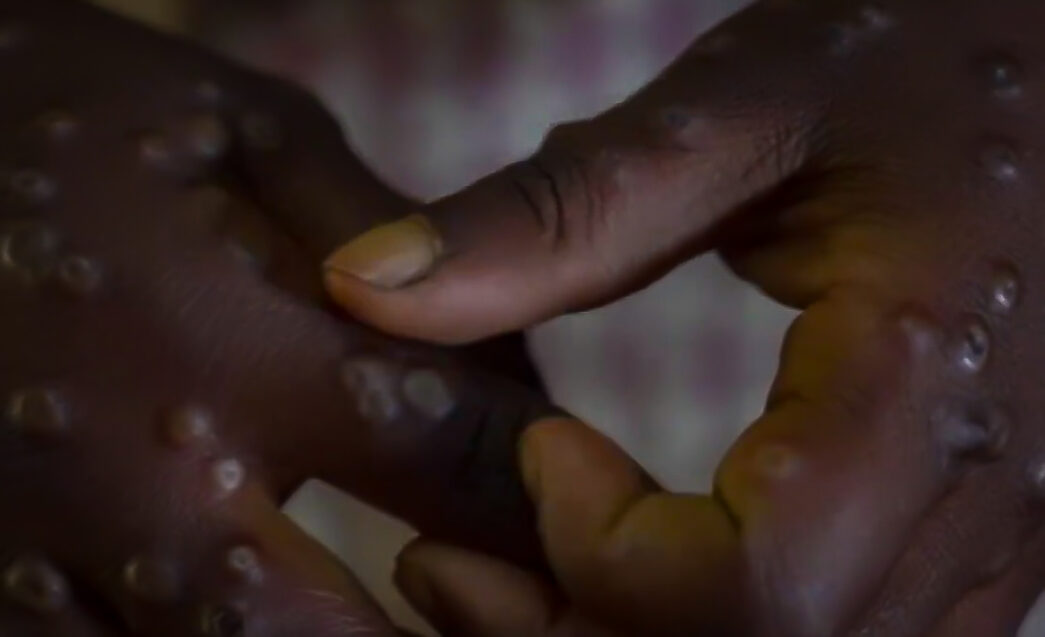Photo: Screenshot/BBC
Ethiopia has confirmed two cases of mpox, marking the country’s first detection of the disease.
In a statement issued by the Ethiopian ministry of health, the infection involves a 21-day-old infant and the child’s mother in Moyale town near the Kenyan border.
“The Ethiopian Public Health Agency has confirmed the detection of two people infected with the virus, after their samples were collected at a time when they were suspected of carrying the disease in the city of Moyale in the Oromia region,” the statement reads.
Neither the mother nor child have suffered serious health complications but they remain under close medical supervision.
Advertisement
The ministry said the source of the infection is under investigation, but “initial findings suggest cross-border transmission”.
The ministry said investigations reveal that the baby’s father had recently returned from Kenya.
“Public health teams have been deployed to trace contacts and prevent further spread, particularly in border areas,” the statement reads.
Advertisement
Mpox, formerly known as monkeypox, is a virus that originates from wild animals like rodents. It is transmitted to humans with symptoms very similar to those seen in the past in smallpox patients — although it is clinically less severe.
Mpox was first detected in humans in the Democratic Republic of Congo (DRC) in 1970.
Animal-to-human transmission can occur from direct contact with the blood, bodily fluids, or mucosal lesions of infected animals.
The virus can also spread from human to human, although it is less common.
Advertisement
Symptoms include fever, intense headache, swelling of the lymph nodes, back pain, muscle aches, lack of energy, and a rash after three days.
The rash often starts as flat, red bumps which then turn into blisters filled with pus.












